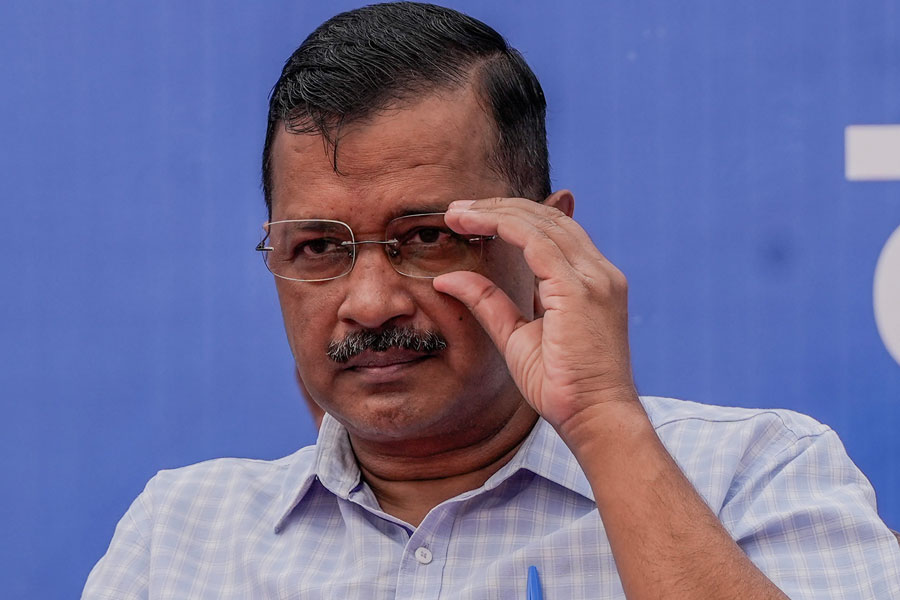The Enforcement Directorate (ED) made headlines on Thursday with the arrest of Delhi Chief Minister Arvind Kejriwal in connection with a money laundering case linked to an alleged liquor policy scam. This development follows a division bench of the Delhi High Court refusing to grant interim protection from coercive action to Kejriwal at this stage, prompting the Chief Minister to challenge the summons issued by the central probe agency and file an application seeking interim protection.
Previously, the ED had filed two criminal complaints against Kejriwal for alleged non-compliance with summons issued to him. Despite nine summons being issued by the central probe agency, Kejriwal had maintained that they were illegal. However, he recently communicated to the ED his willingness to be questioned via video conferencing after March 12. Notably, Aam Aadmi Party leaders Manish Sisodia and Sanjay Singh have also been arrested in connection with the money laundering case and are currently in judicial custody.
The ED’s complaints allege that the excise policy, implemented under the Chief Minister’s leadership, aimed to provide undue profit margins to certain private companies without proper documentation in the minutes of Group of Ministers (GoM) meetings. The central agency further claims that Vijay Nair and other individuals, allegedly acting on behalf of Kejriwal, coordinated a conspiracy to grant extraordinary profit margins to wholesalers.
Kejriwal’s recent appearance before the ACMM court resulted in bail being granted, contingent upon furnishing a bail bond and surety. The matter is scheduled for further hearing on April 1. As the legal proceedings unfold, the allegations against Kejriwal and the involvement of key figures shed light on the complexities surrounding the alleged liquor policy scam, sparking broader discussions on accountability and transparency in governance.






